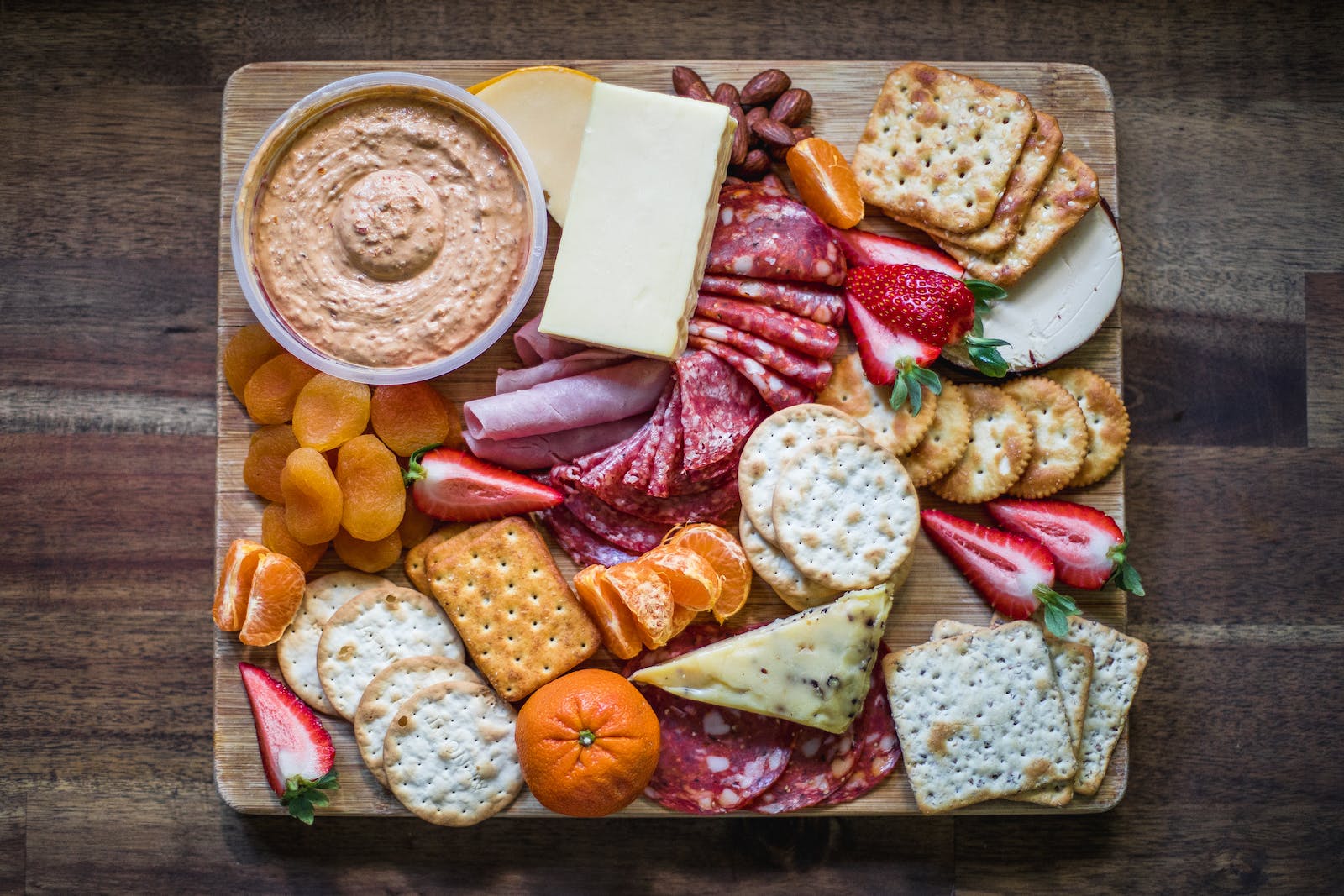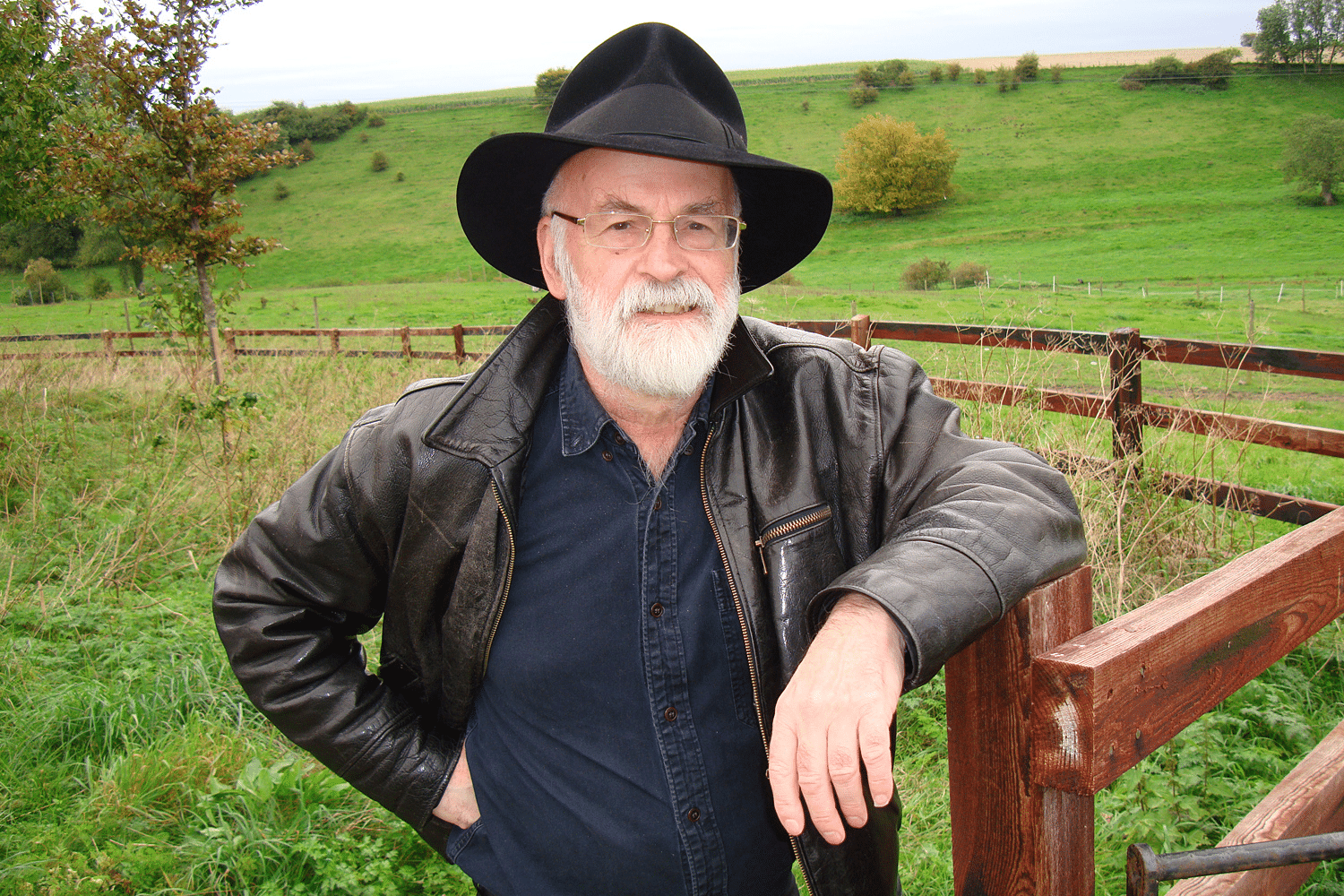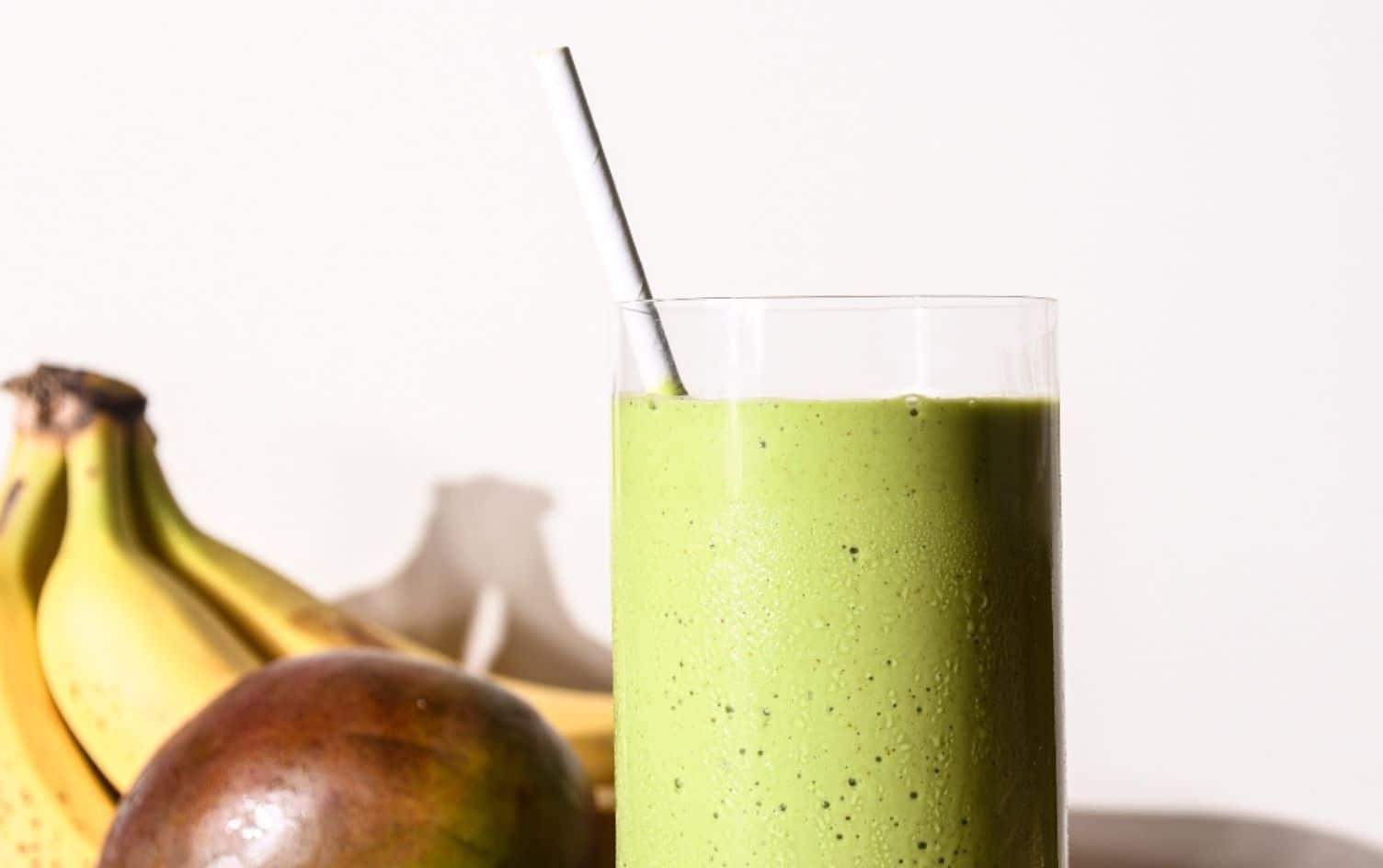CANNABIS CULTURE – Everything’s higher in Texas.
Step into the home office of Amanda Hughes of Higher Education Texas, and find verdant plants, decoctions, and books on herbalism. Amanda attributes her love of plants and herbs to her grandmother, who she believes was an herbalist in her own right, even though she may not have considered herself so.
“I know that had a profound impact on me, the connection to the dirt,” Amanda intones as she remembers how her grandmother used herbs for healing. This led her to purchase a book penned by Penny C. Royal, called Herbally Yours, a small paperback that categorizes herbs by types and interactions.
 “Some of this information isn’t even correct anymore,” she says. Her old handwriting is there still, lists of herbs now cryptic to her in present day. “What was I trying to do here? See, I must have been doing something with adaptogens.”
“Some of this information isn’t even correct anymore,” she says. Her old handwriting is there still, lists of herbs now cryptic to her in present day. “What was I trying to do here? See, I must have been doing something with adaptogens.”
Adaptogens to Amanda are the most beneficial herbs to pair with cannabis, a medicine that acts as a re-balancing agent in her clients lives. Adaptogenic herbs boost beneficial effects of other herbs by binding to them and normalizing their results.
There are naturally occurring cannabinoids in every human body present in the endogenous cannabinoid system (ECS).
“It’s named after the plant because it was discovered after the plant.” The system was only legitimized in western science within the last half century. “First it was all about THC and then it was about some other cannabinoids and then they discovered there is an entire system.”
“Nobody is in perfect health, and perfect homeostasis all the time. Everyone has some type of ailment if only temporary. And so, when you’re out of balance your ECS doesn’t really have full potential to help you with homeostasis and works to balance the other systems in the body.”
“All of these plants [like coffee and wine]produce psychoactive effects… we don’t have an endogenous passionflower system in the body. But we do have an ECS. Once you understand that how could you not be outraged by the lack of the reform?”
Amanda’s back yard is covered with herbs and edible plants. Four or five different kinds of sage, sweet potato vine, and rue are all present. The cycles of growth are evident and respected in Amanda’s gardening practice. Visitors find in-ground and contained plants backed by a bamboo break.
Amanda works directly with people interested in using cannabis for healing. She couples this with herbalism and formed Higher Education Texas with three pieces in mind: “Plant education, patient connections, and advocacy.”

Amanda Hughes at home in her garden
Many of her clients are seniors who have come to the end of their rope with pharmaceutical use.
“Medications are expensive. And one pharmaceutical leads to another to control the effects. I don’t call them side-effects because literally everything that pill does to you is an effect. One of them happens to be a desired effect. The others are undesirable.”
The most surprising part of Amanda’s work occurs when patients get all the information, agree it’s correct, and go back to taking multiple pharmaceuticals.
In June, the Texas State Legislature passed HB 1535 which expanded the Texas Compassionate Use Program (TCUP). In September when bill goes into effect, TCUP will open to more patients, like those with chronic pain and PTSD. The bill also increased the allowable medical THC content to 1% up from .5%. For Amanda’s patients living in states with robust legal programs, that’s a difference of at least 9%.
When asked about how the expansion has affected her work, Amanda declares “It hasn’t gotten easier or improved it… but more people are inquiring. But what most of the time that results in is disappointed sick people who realize they don’t qualify. I’ll go down the list and see if they think their doctor might qualify them for TCUP.”
One benefit of the expansion is the ability for Amanda to help her patients find legal loopholes. One client was concerned about qualifying for the program so they could pass a drug test at their place of employment. Even if they fail, the state will back them up if their TCUP application is approved.
This ties directly into Amanda’s advocacy work.
“Without activism we’re just talking. We can’t do better research without reform. And then politicians will tell you we can’t reform because there’s not enough research. There’s an enormous amount of research but it’s not American,” she points to studies conducted in Israel and Canada.
“I’m very quick to respond to people who are pro-reform and don’t understand the plant. And people who understand the plant but don’t want reform.” Amanda suggests there are even people in the reform side of the struggle who won’t vote blue because they typically vote right wing.
“I think that the entire narrow-minded red state politics trickles into every category of life… someone may love to have access and smoke all they want and maybe they use it for medical purposes but they’re not willing to change their political stance.”
Ask her about the advocacy piece of Higher Education, and Amanda states, “I formed Higher Education for two reasons: I wanted people to know more about the plant, to understand the plant and develop a relationship with it but also…. I want people to be excited and involved in the change. Because if we don’t reform the laws, we can sit here and talk about it all day,” but nothing will happen.
So much of what she does with Higher Education is about breaking prohibitionist conditioning.
“I hear a lot of pushback when it comes to cannabis reform especially from cannabis access… something like ‘Well I’ll just smoke illegally for the rest of my life before I vote for reform.’ When you say that to me, what I hear is you don’t fully understand the impact this drug being illegal has on so many people… Basically what I hear is I’m too selfish to care.”
Amanda cares, and she empowers others to care too.
Original Article










